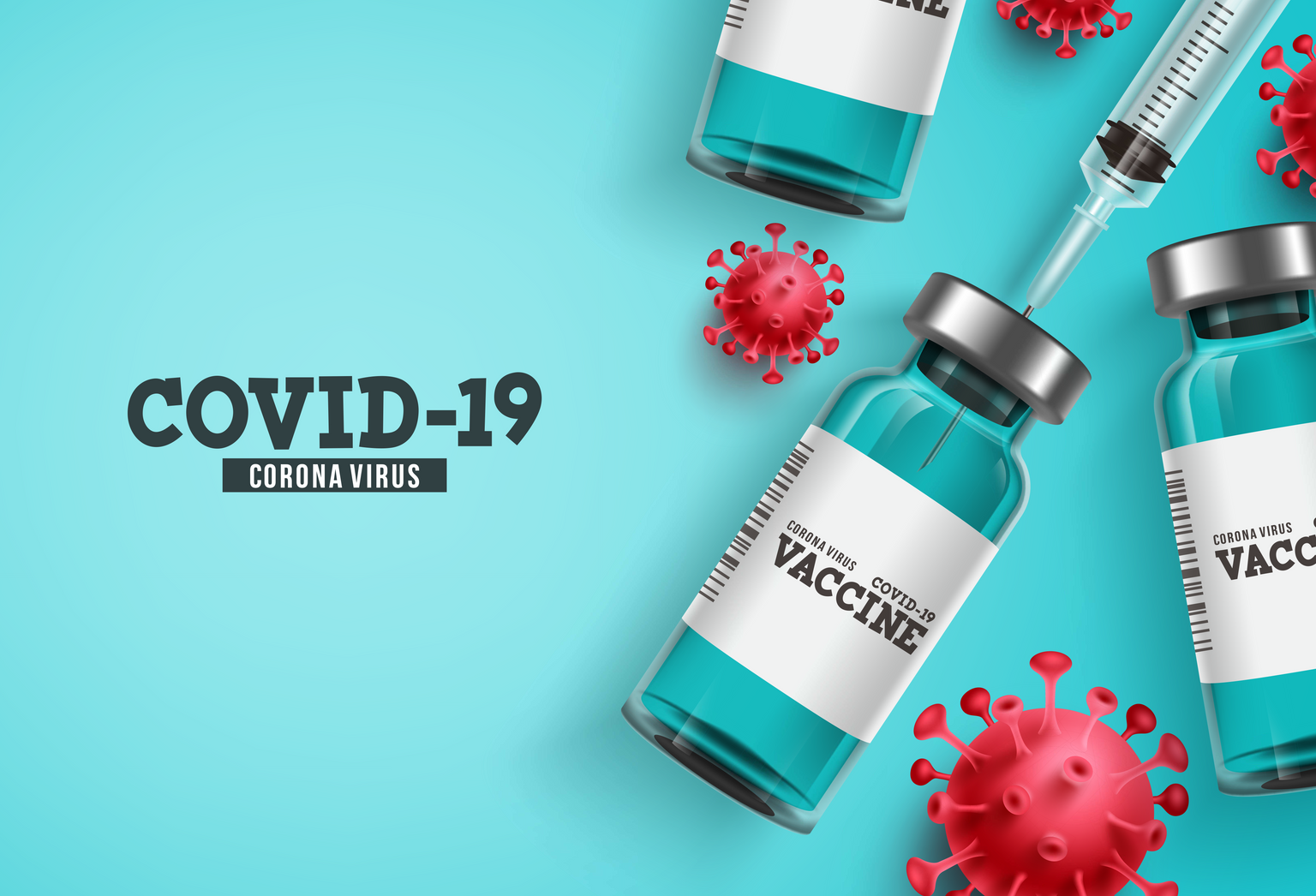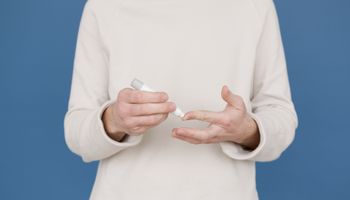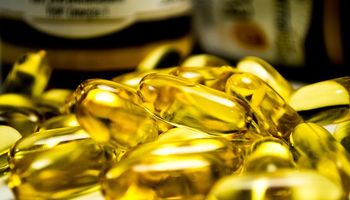Marketing Authorization Requirements for Covid-19 Vaccines:
The European Medicines Agency (EMA for short) is responsible for the approval of Covid-19 vaccines in EU member states. However, the authorities of the countries also cooperate in the approval process.
Just as for the U.S. Food and Drug Administration (FDA), the safety of Covid 19 vaccines is a top priority for the EMA. To be able to guarantee this, large clinical studies are to be conducted on the individual vaccines. The FDA requires an efficacy of at least 50%. In order to combat the further spread and mutation of the viruses, the EMA is prioritizing all approval processes for Covid 19 vaccines and, under a so-called "rolling submission", is offering the possibility for companies to submit some aspects of the marketing authorization application for further processing while the Phase III trial is still ongoing.
Together with the FDA and other drug regulatory authorities, the EMA has agreed that several thousand study participants (also older than 55 years) are needed for the Phase III trials. The trials will mainly enrol people who have not yet been infected with the SARS-CoV-2 virus. Nevertheless, the potential vaccine will also be tested in participants who have already recovered from an infection. All Phase III trials should include interim evaluations to show any risks or nonsignificant effect.
Vaccine types:
Research institutes and companies are working on different types of vaccines. The most common studies involve one of the following three mechanisms of action:
mRNA vaccines:
In this process, a specific gene of the virus is extracted in the form of so-called messenger RNA (mRNA for short), which carries the genetic information for building a protein, and is encased in lipids. After injection, the body reacts with an immune response, whereby the mRNA causes the formation of (harmless) viral proteins. Consequently, this triggers the build-up of immune protection. The advantage of the mRNA vaccine is that a large number of injection doses can be produced very quickly.
Vector vaccine (live vaccines):
Similar to the measles vaccine, harmless viruses serve as the starting point for the production of this vaccine. Without causing disease, these so-called vector viruses multiply in the human body. In the process, researchers attach one or more genes of the surface proteins of SARS-CoV-2 to the vector viruses, which consequently are "clothed" with the virus. Some vector viruses can thereby trigger an immune response in the human body. Other vector viruses do not resemble the SARS CoV-2 virus, but can still cause the production of CoV-2 proteins in cells in which they have invaded. In both cases, immune protection can be built up, which should also ward off a true infection.
Viral proteins (dead vaccines):
Such types of vaccines contain either specific viral proteins or the whole substance of inactive SARS-CoV-2 viruses. Similar to vaccines for hepatitis B or influenza flu, this dead material causes an immune response in the human body, allowing immune protection to build up.
Vaccine Type - Monocomponent Vaccine:
Monocomponent vaccines are vaccines that (unlike the so-called combination vaccine) contain only antigens or toxins of one pathogen of a disease. Therefore, such vaccine types are used to induce a targeted immune protection against one pathogen.
Overview of the relevant vaccines in Europe:
| Designation |
BNT162b2(trade name: Comirnaty)
|
ChAdOx1 nCoV-19 (AZD1222) |
mRNA-1273 |
Ad26.COV2.S |
| Approval | BioNTech Manufacturing GmbH, Germany | AstraZeneca AB, Sweden | Moderna Biotech Spain, S.L. | Janssen Vaccines & Prevention B.V. |
| Vaccine type | COVID-19 vaccine (mRNA) | COVID-19 vaccine (vector vaccine) | COVID-19 vaccine (mRNA) | COVID-19 vaccine (vector vaccine) |
| Vaccine type | Monocomponent vaccine | Monocomponent vaccine | Monocomponent vaccine | Monocomponent vaccine |
| Target groupN | Use from the age of 16 years | Use from the age of 18 years | Use from the age of 18 years | Use from the age of 18 years |
| Suitable for children | There are currently no data on the effectiveness or safety of children or adolescents under 16 years of age. | There are currently no data on the effectiveness or safety of children or adolescents under 18 years of age. | There are currently no data on the efficacy or safety of children or adolescents under 18 years of age. | No data are currently available on the efficacy or safety of children or adolescents under 18 years of age. |
| Pregnant/Lactating Women | Additional studies in pregnant women are planned in the coming months. (See below for more information) | Additional studies in pregnant women are planned in the coming months. (Read more below) | More studies in pregnant women are planned in the coming months. (Read more below) | More studies in pregnant women are planned in the coming months. (More information below) |
| Directions | Dose: 2 / 0+21 days / per dose: 0.3 ml intramuscularly only | Dose: 1-2 / 0+28 days / per dose: 0.5 ml intramuscularly only | Dose: 2 / 0+28 days / per dose: 0.5 ml intramuscular only | Dose: 1 or 2 / 0 days or 0+56 days / per dose: 0.5 ml intramuscular only |
| Approved in DACH region | Yes | Yes | Yes | Yes |
| Approval date in EU | 21.12.2020 | 29.01.2021 | 06.01.2021 | 11.03.2021 |
| Production for EU | Germany, Belgium | (Great Britain), Belgium | Canton Wallin, Switzerland | Netherlands |






